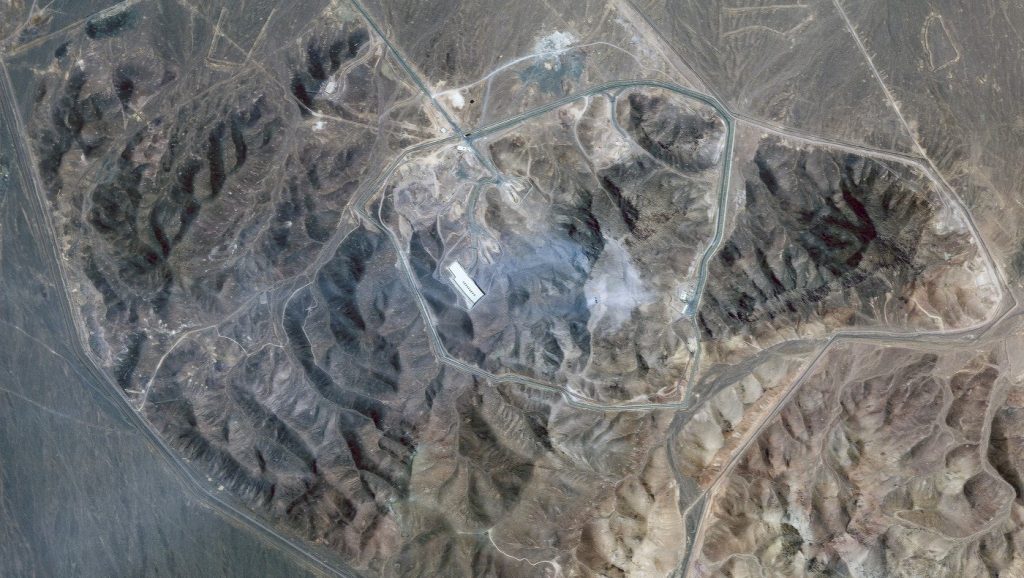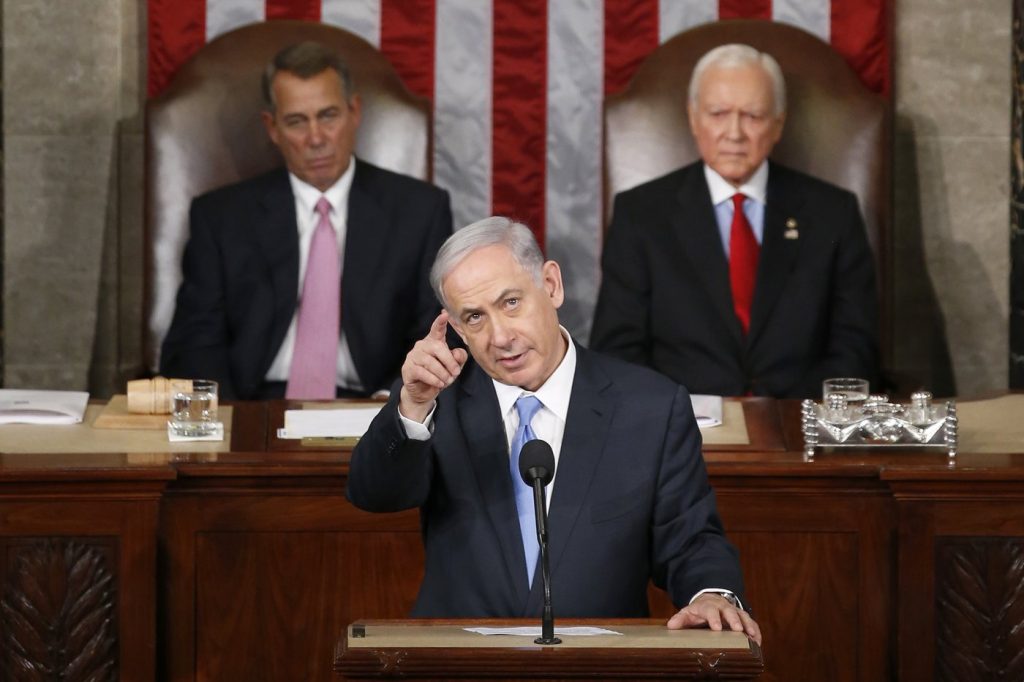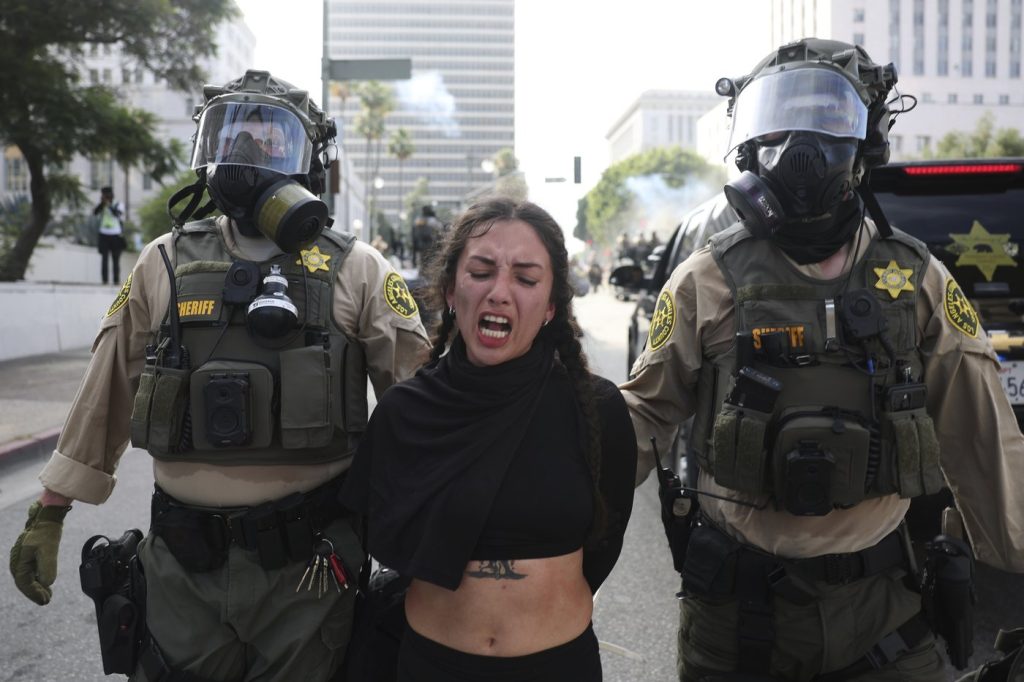On Monday, President Donald Trump announced that the ongoing conflict between Israel and Iran, referred to as the "12 day war," is likely coming to an end with the prospect of a ceasefire. This declaration follows a significant U.S. airstrike over the weekend targeting three Iranian nuclear sites, which Trump suggested validated America's strategic gamble.
Trump posted on social media, stating, "It has been fully agreed by and between Israel and Iran that there will be a Complete and Total CEASEFIRE." However, at the time of the announcement, there was no confirmation from either Israel or Iran about this agreement. The proposed ceasefire would initiate with Iran and be joined by Israel 12 hours later, as Trump expressed optimism that both sides would remain "PEACEFUL and RESPECTFUL." If successful, the ceasefire could bring about an end to the conflict as soon as Wednesday.
In his social media statements, Trump characterized the conflict as one that "could have gone on for years and destroyed the entire Middle East," but asserted that it would not lead to prolonged violence. His announcement followed an Iranian missile strike on a major U.S. military installation in Qatar, marking Iran's first act of retaliation in response to the U.S. strikes on its nuclear facilities. Trump thanked Iran for providing "early notice" of the retaliation, which he hoped would lead to a reduction in tensions.
Additionally, Trump confirmed that no American casualties occurred from the Iranian missile strikes, noting that 13 of the 14 missiles aimed at the Al Udeid Air Base—home to around 8,000 U.S. troops—were intercepted by U.S. air defense systems. The base has a strategic significance as it served as a key staging ground during the U.S. military operations in Iraq and Afghanistan. The U.S. Embassy in Qatar had previously issued a warning urging American citizens to shelter in place due to the escalating conflict.
The missile attack coincided with rising global concerns about the implications of the U.S. strikes on Iran's nuclear sites, which involved the use of advanced weaponry including 30,000-pound bunker-busting bombs and Tomahawk missiles. In a response to the conflict, Iran's parliament has approved discussions regarding the potential closure of the Strait of Hormuz, a vital shipping lane through which approximately 20% of global oil supplies travel. The decision now rests with Iran's national security council, and analysts have expressed skepticism about whether Iran will follow through with such a drastic measure.
By the afternoon, global markets appeared to be stabilizing, with oil prices returning to levels seen before the onset of the conflict. Trump called on U.S. and allied oil-producing nations to increase oil production to maintain lower prices. Experts have noted that while Iran has made threats to close the Strait of Hormuz in the past, such actions could lead to severe repercussions and economic ramifications for Iran, especially given its less integrated role in the global economy compared to Russia.
Furthermore, the White House downplayed Trump’s comments regarding potential changes in Iran's ruling regime, as earlier statements from his administration had encouraged negotiations to prevent further escalations. Trump remarked on social media, “It’s not politically correct to use the term, ‘Regime Change,’ but if the current Iranian Regime is unable to MAKE IRAN GREAT AGAIN, why wouldn’t there be a Regime change?”
The tension surrounding the Israel-Iran conflict and its potential resolution continues to be a focal point for international observers, with the next moves from both nations and the U.S. government being watched closely as the situation unfolds.












